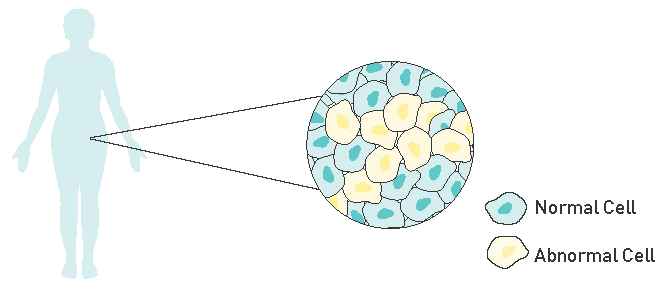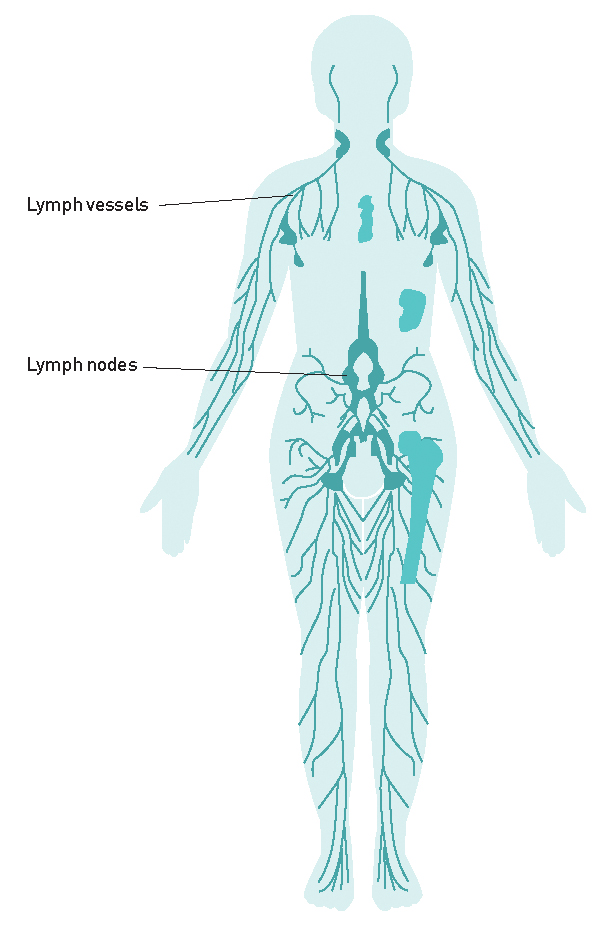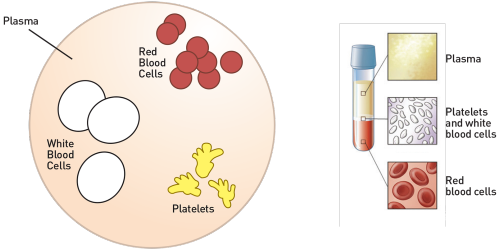Cancer and Blood Disorders
What is Cancer?
Our bodies are made up of millions of cells. These cells make our body tissues and organs like our lungs and skin. The cells grow to make our body work so we can live.
Sometimes the cells grow, change and become abnormal. This means the cells do not look or work the way they should. These abnormal cells can grow and make a lump or mass called a tumour. A tumour is a lump that may be solid or filled with fluid. Tumours can be either benign or malignant. Cancer is the name given to a malignant tumour.
What causes cancer?
Often, we don’t know what caused cancer. Sometimes cancers may be caused by more than one thing.
We do know that you can lower your risk of getting cancer if you choose to:
- Live a healthy life
- Eat well
- Exercise regularly
- Don’t smoke or drink alcohol
- Protect yourself from the sun
- See your health care provider for checkups
Sometimes there are things we cannot change that may increase our risk of getting cancer. This includes male or female, our family history or cancer genetics.
Talk to your doctor if you have more questions about how you got cancer.
Benign: A benign tumor is not cancer and does not spread to other body parts.
Malignant: A malignant tumor is cancer. Malignant cells have the ability to spread and move to other body parts.

Diagnosis: The word or words used to describe your tumour or illness. The diagnosis tells us if you have cancer and the type of cancer.
Biopsy: A doctor takes a small piece of your tissue or body fluid to test it to see if you have cancer.
Tissue: Anything your body is made of such as skin, an organ, muscle or any other body part.
How long before I know my results?
Your doctor uses the information from tests such as blood work, scopes, scans, and biopsies to determine your diagnosis. A biopsy of your tissue or body fluid is sent to a lab for testing. The lab will look at the biopsy to see if there are cancer cells present. If cancer is found, they generally can tell what type of cancer it is along with the grade and stage.
How long does pathology take?
A lab may take days to several weeks to test your tissue; sometimes special tests are required to help clarify what kind of cancer is present and these can add time to the process. Please ask your doctor or nurse how long your testing will take.
What is a stage?
Stages describe how much cancer has grown and spread. All cancers are staged a little differently. Cancers are usually staged from Stage 0 to Stage 4.
The importance of knowing the stage of your cancer is that it helps the care team understand your prognosis (how the cancer is going to affect you) and determine the treatment that will be recommended.
- Stage 0
- Stage 0 means different things in different cancers, and generally, it implies the presence of a small number of cancer cells that do not extend to new areas from where they started to grow.
- Stage 1
- The cancer is usually small and grows only in one place.
- Stage 2
- The cancer is bigger than stage 1 and/or has started growing into the surrounding tissue. In some cancers, this includes cancer has spread into nearby lymph nodes
- Stage 3
- The cancer has grown larger or invaded more deeply into surrounding healthy tissue, and may have spread to nearby lymph nodes
- Stage 4
- The cancer has spread to other parts of the body. Cancer usually can’t be cured but we can control the growth of cancer with treatment.

Metastasis
Cancer cells can be carried by the lymphatic system or by the bloodstream to other organs. When the cancer cells reach a new area, they may form a new tumour. This is known as secondary cancer or metastasis.
What are lymph nodes?
Lymph nodes are small round organs found throughout your body that help you stay healthy. Lymph nodes are connected by lymphatic vessels making up the lymphatic system. If cancer spreads beyond the original tumour site, the first place of spread is often the lymph nodes right next to the original tumour. The lymphatic system can also carry cancer cells to other body parts.

Understanding my blood counts
Cancer and cancer treatments can affect the cells in your blood. Your doctor may do a Complete Blood Count (CBC) to check the blood cells in your body. Your blood contains three kinds of cells:
- Red blood cells contain hemoglobin that carries oxygen through your body.
- White blood cells fight infection and disease and help repair damaged tissues.
- Platelets help your blood to clot (stops bleeding).
Also in your blood count is your neutrophil level. Neutrophil is a type of germ-fighting white blood cell that is first to travel to an infection; low levels can put you at risk of serious infections. Low germ-fighting neutrophil levels may be caused by cancer chemotherapy, and in some cases, by underlying cancer itself.
What is normal? Different labs may have slightly different normal blood test ranges. If you have questions about this, ask your health care team.
- White Blood cells (WBCs, measured as 109 cells/Litre of blood) 4.0-11.0
- Neutrophils (sometimes called granulocytes, measured as 109 cells/Litre of blood) 1.8-7.5
- Hemoglobin (Hgb, measured as grams/Litre of blood) Men 140-180; Women 120-160
- Platelets (measured as 109 cells/Litre of blood) 140-450


